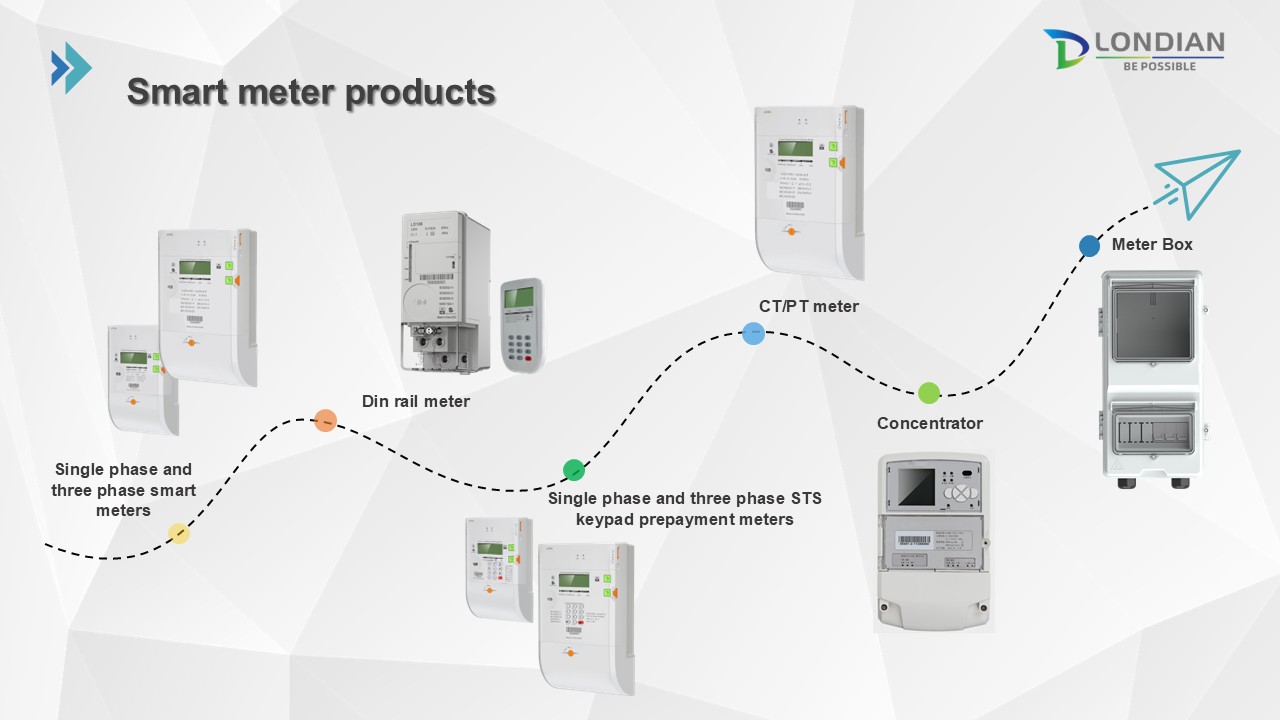Smart Meters and Health: Debunking Radiation Concerns
Introduction
Smart meters have become a cornerstone of modern energy management, allowing utility companies like Londian to monitor electricity usage efficiently. However, concerns about potential health risks from radiofrequency (RF) radiation emissions persist. This article examines whether smart meters pose any real health hazards, backed by scientific research and regulatory standards.

How Do Smart Meters Work?
Smart meters use wireless communication (typically via RF signals) to transmit electricity consumption data to utility providers. Unlike traditional analog meters, they eliminate the need for manual readings and enable real-time monitoring.
Types of Radiation Emitted
Smart meters emit non-ionizing radiation, similar to Wi-Fi routers, mobile phones, and Bluetooth devices. Unlike ionizing radiation (e.g., X-rays or gamma rays), non-ionizing radiation lacks sufficient energy to damage DNA or cause cancer.
Do Smart Meters Emit Harmful Radiation?
1. RF Exposure Levels Are Extremely Low
Studies by regulatory bodies, including:
- World Health Organization (WHO)
- Federal Communications Commission (FCC)
- International Commission on Non-Ionizing Radiation Protection (ICNIRP)
Confirm that smart meters emit RF radiation at levels far below safety thresholds. For example:
- A smart meter transmits in short bursts (less than 1% of the time).
- The average RF exposure from a smart meter is 100 to 1,000 times lower than that of a cell phone.
2. No Established Link to Cancer or Other Health Issues
The National Cancer Institute (NCI) oraz American Cancer Society state there is no conclusive evidence linking RF radiation from smart meters to cancer. The International Agency for Research on Cancer (IARC) classifies RF radiation as “possibly carcinogenic” (Group 2B), but this includes all RF-emitting devices, not just smart meters.
3. Smart Meters Comply with Strict Safety Regulations
Londian’s smart meters adhere to:
- FCC limits (USA)
- ICNIRP guidelines (EU & global)
- ARPANSA standards (Australia)
These regulations ensure that RF emissions remain well within safe exposure limits.
Common Myths vs. Facts
| Myth | Fact |
|---|---|
| Smart meters emit dangerous levels of radiation. | RF emissions are minimal and comply with global safety standards. |
| Smart meters cause cancer or headaches. | No scientific evidence supports this claim. |
| Smart meters operate continuously, increasing exposure. | They transmit data in brief pulses, reducing exposure time. |
Conclusion: Are Smart Meters Safe?
Extensive research confirms that smart meters pose no significant health risks. Their RF emissions are negligible compared to everyday devices like smartphones and Wi-Fi routers. Londian ensures all smart meters meet stringent safety regulations, providing customers with reliable, efficient energy monitoring without health concerns.
